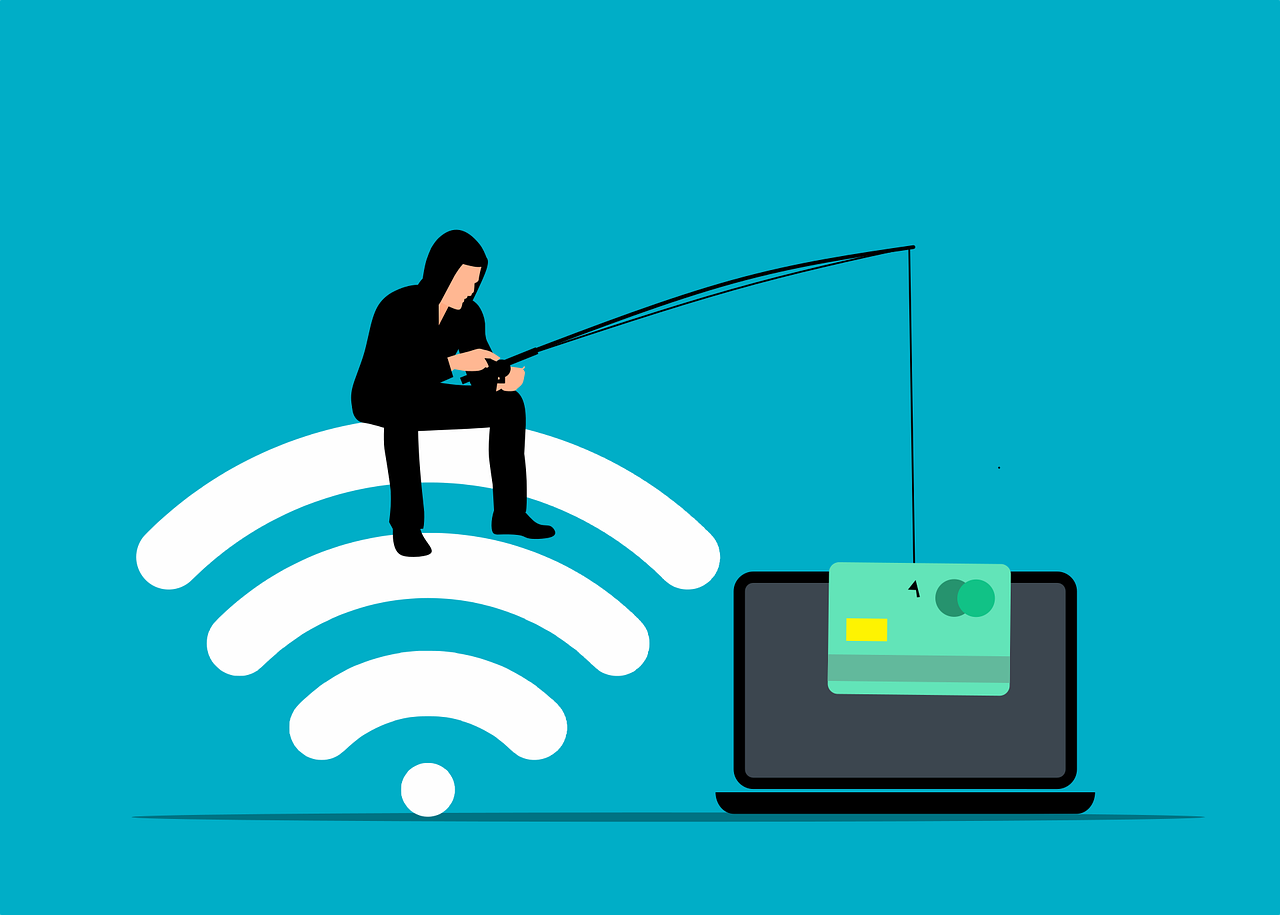Protect yourself against phishing scams- don’t take the bait
Reading Time: 3 minutes
May 4, 2023

Did you know that phishing scams are one of the most common ways cybercriminals steal personal information from unsuspecting individuals? According to Proofpoint’s 2022 State of the Phish Report*, 83% of organisations fell victim to a phishing attack last year.
Meanwhile, Verizon’s 2021 Data Breach Investigations Report* found that 25% of all data breaches involve phishing.
Phishing scams are a type of cyberattack where fraudsters send emails or messages that appear to be from a reputable source, such as a bank or a well-known company, in an attempt to trick recipients into revealing sensitive information, such as passwords, credit card details, or social security numbers. These scammers often use psychological tactics, such as urgency or fear, to convince people to take immediate action and reveal their personal information.
How to Protect Yourself from Phishing Scams
To protect yourself from falling victim to a phishing scam, there are a few things you can do.
- First, be suspicious of any email or message that asks for your personal information, especially if it’s unsolicited. If you’re unsure if a message is legitimate, do not click on any links or download any attachments.
- Second, check the email address of the sender to make sure it’s legitimate. Scammers often use email addresses that are similar to a reputable company, but with slight variations, such as substituting an “o” with a zero.
- Third, look for signs of a phishing attempt, such as poor grammar, misspellings, or unusual formatting. Legitimate organizations typically have a professional image and take care to avoid errors in their communications.
- Fourth, be careful when clicking on links in emails or messages. Hover your mouse over the link to see the URL before clicking on it. If the URL looks suspicious, do not click on it.
- Fifth, keep your computer software up to date, including your antivirus and firewall software. This can help protect you from malware that can be used to steal your personal information.
- Lastly, be cautious when entering personal information online. Only enter sensitive information on secure websites that have a padlock icon in the address bar and start with “https” rather than “http.” If you’re unsure if a website is secure, do not enter any personal information.
By following these tips, you can help protect yourself from falling victim to a phishing scams. Remember to stay vigilant and always think twice before clicking on links or entering personal information online.




















Follow us for updates